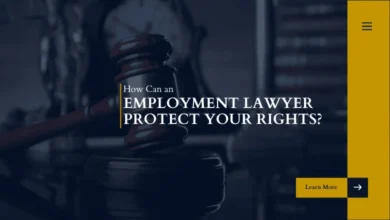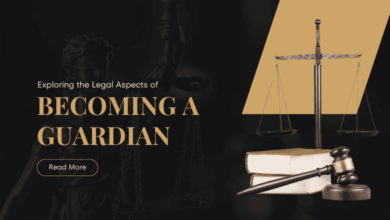Is it Possible to Avoid Probate?

Everyone wants their assets to go to the right people after they pass away, and this is typically loved ones the deceased wants taken care of. The distribution of the assets may go to probate, a legal process of distributing them. The problem is that probate can take a long time depending on the circumstances, and it can be a legal headache if there are a lot of claims made by loved ones and those who are not happy with the distribution. It is possible to avoid probate with some simple options as well as those requiring the services of an estate planning attorney.
Understanding Probate
Probate is a court-supervised legal process where the assets and property of someone who has passed away are distributed to beneficiaries. So, how does probate work, and do you need an attorney during the process? In most situations, the process is initiated by an attorney or the estate’s executor.
Once the process starts, the court ensures the will is valid and directs the executor to distribute the assets as directed in the will. Without a will, the assets are distributed to the beneficiaries as outlined in the state’s laws. The attorney ensures that all legal necessities are taken care of, and they may also help the executor when they are overwhelmed. It is important to understand that the presence of a will does not avoid probate.
Give Your Assets Away
Giving away your assets is one of the most common ways of avoiding probate. You can also include assets as gifts in your will but understand that federal gift tax laws will apply if the gift exceeds a given amount. Doing this also reduces the size of your estate which is beneficial because probate only applies to estates whose value exceeds a set limit. Check your state’s limits to see what limits apply to you, or work with an attorney who will advise you on what to do.
Establish Joint Ownership for Your Real Estate
Properties under joint ownership do not undergo probate because the property is transferred directly to the remaining owner(s) once one passes away. Establishing joint ownership like this also gives the other owner some rights. For example, you cannot sell or mortgage a property that is owned jointly without the explicit permission of the other party. Additionally, joint ownership can trigger federal gift tax laws if the property exceeds a certain value.
Ensure All Accounts Are Payable on Death
You can also make your bank accounts and other financial accounts, including IRAs, payable upon death. In this arrangement, all assets in these accounts go to the beneficiary immediately after death without going through probate. This option is best for those who do not want to establish joint properties and thus give some rights to the other party.
Depending on your state, you can designate more than two beneficiaries or successor beneficiaries. In the latter arrangement, the assets go to one person but can go to a second person if the first person has also passed away.
Understanding how probate works and how to ensure your loved ones do not have to go through an extensive and often expensive process is an important part of estate planning. There are several ways to avoid probate, with the one you pick depending on your specific situation.
Ready to simplify your estate planning? Explore probate alternatives and gain peace of mind with expert guidance on www.wordplop.com!






